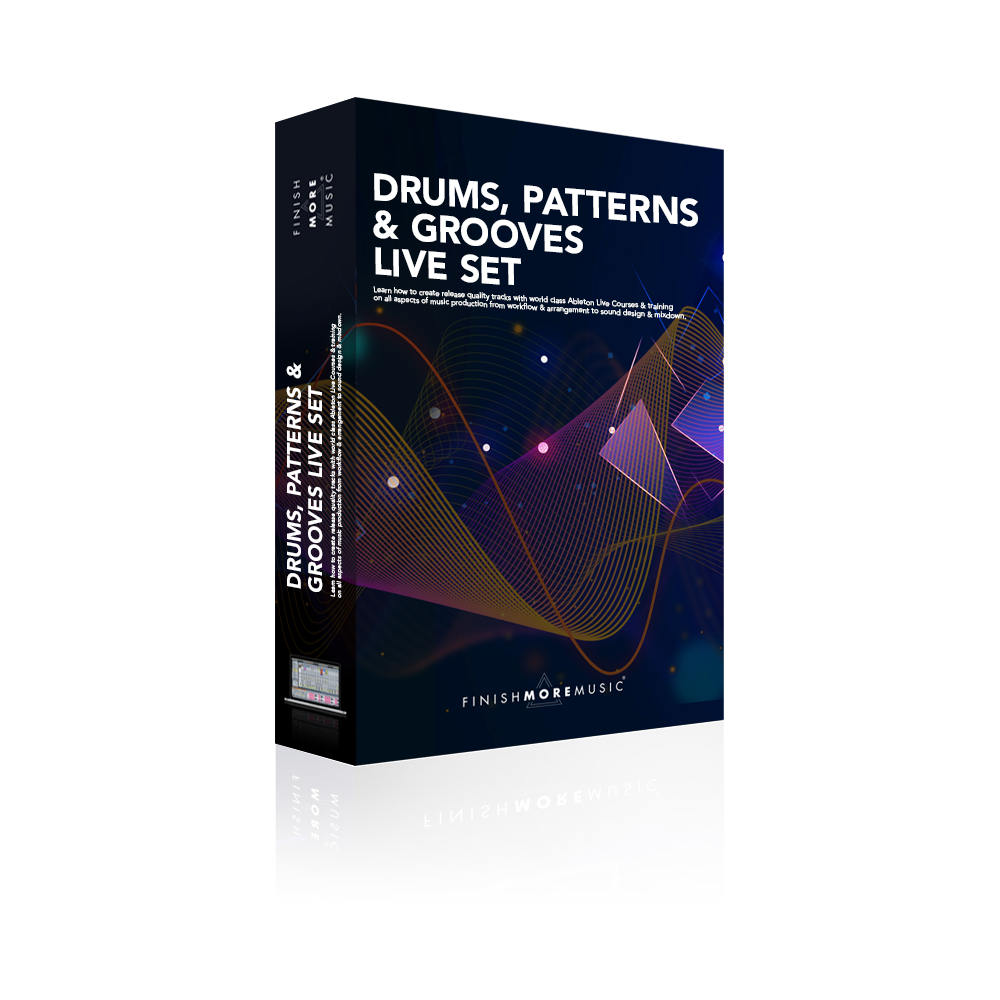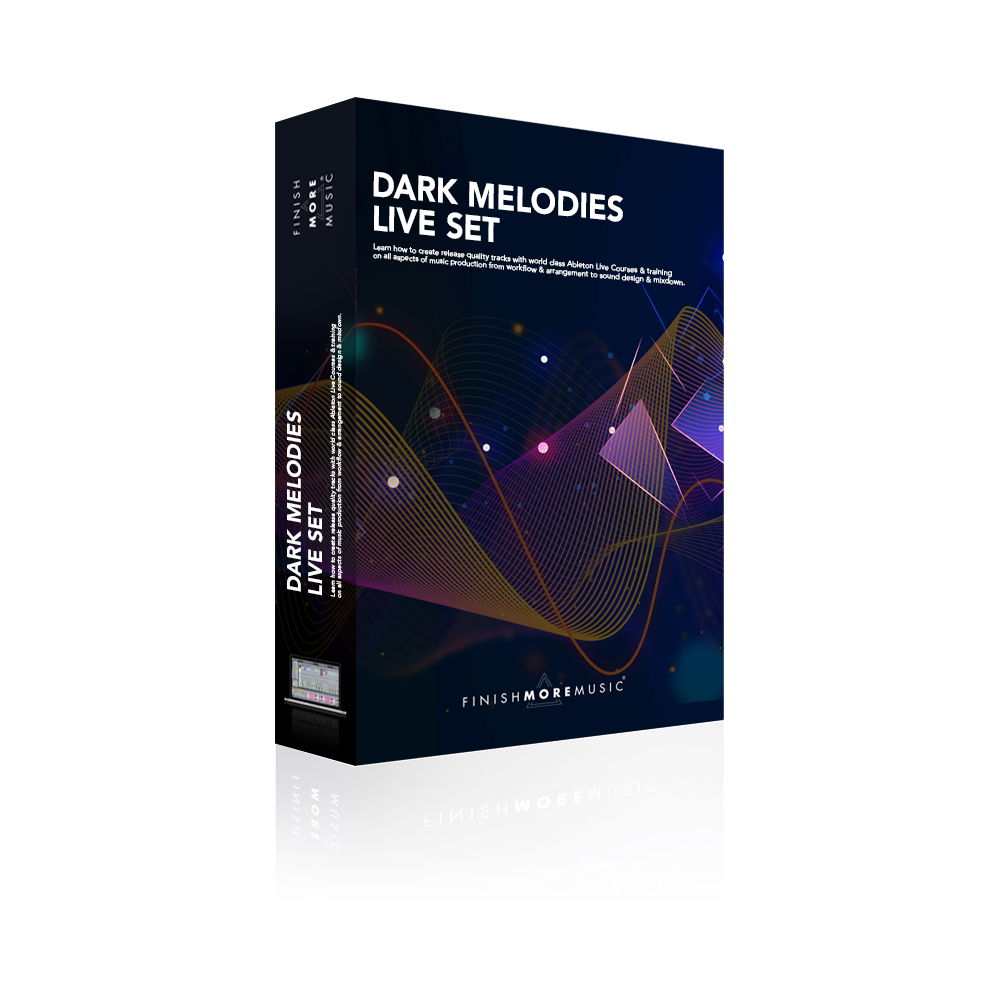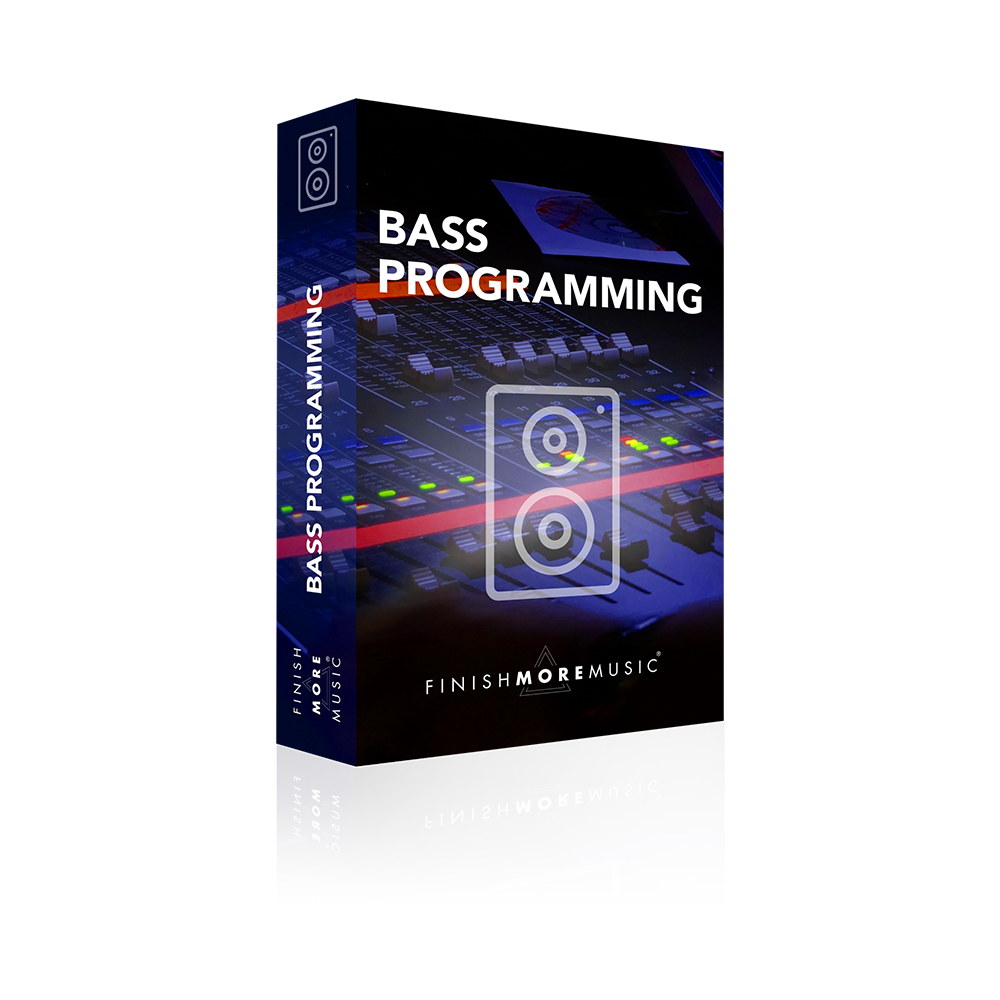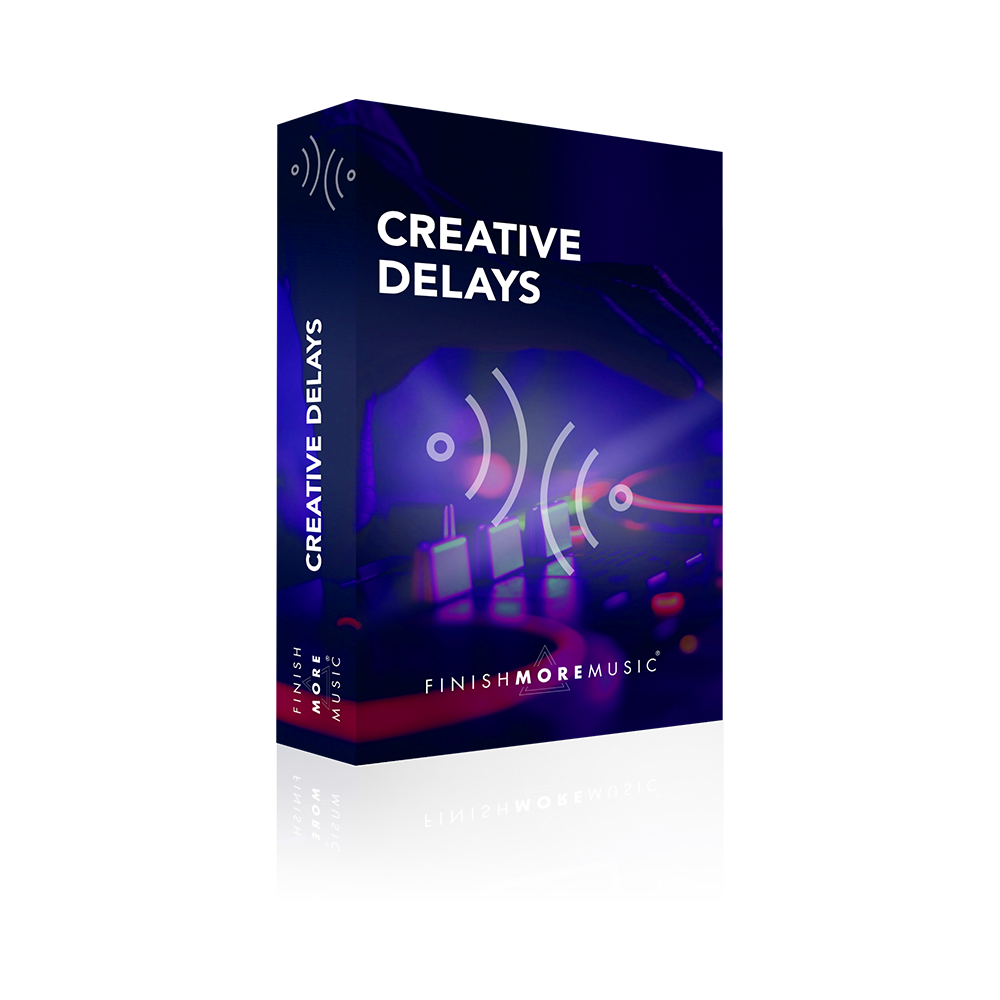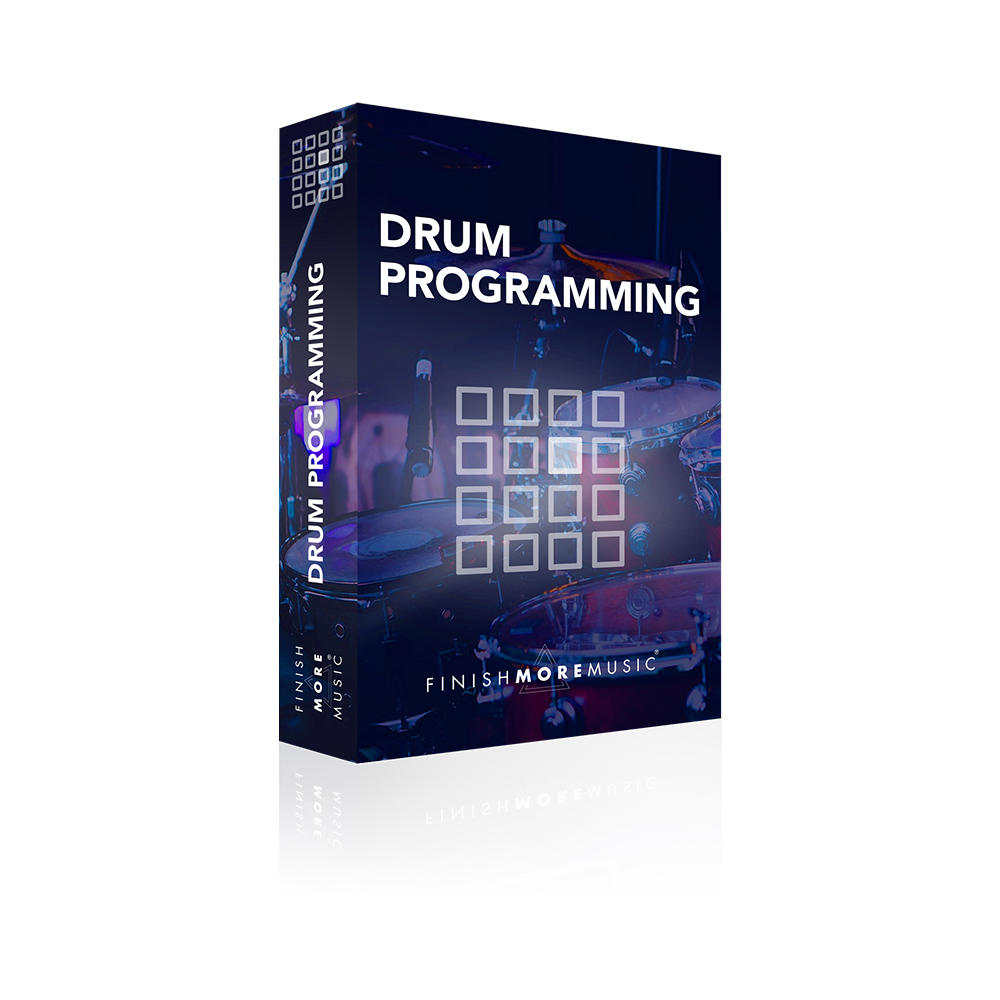Keith Mills: (16:23)
And they talk about the algorithm and what the algorithm does is it shows you what it thinks you want to see. Now, this was invented with perfectly good intent, at least so we’re led to believe. And I see no reason to think otherwise, but the idea is, look, we want to keep you on this platform because there’s marketing on here and that’s how we make money. And the more we’ve got your attention, the more we keep you glued to Facebook or glued to Instagram or glued to Twitter, the more adverts you see, the more money we make, how do we keep you glued there? We show you the things you’re interested in. How do we know you’re interested in them? Because you’ve looked at something related to it. You only have to have a quick look in your profile on Facebook. If you’re interested to dig in there and you’ll see the data they’ve got about you and all the things you like, and that determines all the ads, you see all the posts that you see on your timeline and so on and so forth.
Keith Mills: (17:21)
And what does this actually mean? It means that you receive a one sided stream of information. So let’s say you’re a Trump supporter and you’ve gone and looked at some Trump related stuff. Some people were talking about right wing policies. Facebook will only show you stuff to do with that. If you clicked on something that was conspiracy theory, based on a conspiracy theory group, Facebook will show you more of that. See, you only get to see one side of the coin. It’s all you see. And you come across people who are ranting and raving, right as well on there talking about stuff. And there’ll be zero fact checking Facebook doesn’t fact, check this person who’s renting and telling you stuff and showing you graphs and giving you opinions. They have not been fact checked in any way, shape or form. And here’s a brilliant quote, Daniel, Patrick Moynihan.
Keith Mills: (18:22)
You can have your own opinions, but not your own facts, right? You’re entitled to your own opinions, but not your own facts. Well that doesn’t actually fly on social media at all. People do have their own facts. And in fact, many of the things that you may believe to be true based on things you’ve seen or heard on social media may in fact be completely flawed because nobody’s going through that stuff, determining what is right and what is wrong. And it, because it’s backed by opinions and now there’s black and white sides of the coin, you know, with no gray scale, there’s no gray scale anymore between the black and white. Because if you’re only seeing one stream of information, you’re not having intelligent discourse with people who believe and see things differently from you. So when Brexit blew up, there was a huge rift, the remainers, the stuff, the quite frankly, violin of Horan stuff, they were posting against the people that were for Brexit and leaving the EU was disgusting.
Keith Mills: (19:28)
And it was all based on nonsense, all of it. And that went the other way. I gotta be really clear on this, but obviously because the remainers lost, they were more riled up. So they were exploding out with all these facts and stuff that had no basis behind it whatsoever, but there was a huge amount of hatred and each side thinks the other is completely wrong. And it creates this mob mentality where all together over here, we believe this and where, right? And you on the other side are bad, evil, you are wrong. And we’ve drawn a whole bunch of negative conclusions about you. And it doesn’t matter. You might share the same family values, religion career, many of the same political views, the same sense of humor, support the same team, our views on social, environmental, economic issues that all correlate with one another.
Keith Mills: (20:24)
If you were to meet each other on the street, you’d be best buddies, but based on one opinion about one single thing, this person is wrong. Evil, terrible is against you, is the enemy that’s what’s going on at the moment. I strongly recommend out this show. It’s really, really clear. And one of the guys they asked and here’s a scary thing that a number of guests on there, and there was this guy, and I forget exactly what his experience and position was, but it was something huge. Like he’d been the CEO of Twitter and instrumental in Instagram and all of these things. And they said, well, what do you see the conclusion of this? What could be like worst case scenario? And he certainly pondered on it for a second. And he said, I think this could lead to civil war in the U S and you know, we’ve seen, have we, not at these ones, militia on either side in the U S which is somewhat terror, terror, terrifying.
Keith Mills: (21:28)
There’s the word for ya? Easy for you to say like big groups of people wandering around with automatic weapons, like protecting what they believe is right. And a lot of it, this is fed by social media and the lack of fact checking. So you may go on there and rant and rave about something and you may be talking utter nonsense. And it’s just important to be aware of this, that the information streams are not necessarily fact-checked. And so I think there is value, and this is just my opinion, but there is value in being very skeptical about anything that you’re picking up online and particularly passing that on. And of course, when you do say something, even if it may be something small to now be aware that there are people who don’t even see a percentage of what you see, they see completely everything else, because that’s what they’ve been fed.
Keith Mills: (22:23)
They see the other side of the coin. You see black, they see white, they don’t see a gray scale, neither of you potentially do. And so Pete and people will twist stuff more than ever. We know we’ve got a strange culture now where people are just looking to get their kind of aggression out. So I think it’s quite dangerous landscape. Now, I am aware that I’ve spent most of this episode painting a very bleak, negative picture. Okay. I’m totally aware of that. And I think, you know, from what I’ve seen, it’s true from what I’ve seen. A lot of this is true, how you choose to work with it and take it on is entirely up to you. I just want to get as close to the, what is the reality is, is possible.
Keith Mills: (23:11)
And here’s the other side of that reality. Social media can also be utterly incredible. It’s an amazing tool for you to connect, to market your music, to find fans, to sell your products, to generate alternative income streams, to support your music, to discover new music, labels, new opportunities. It can be absolutely incredible, but it’s so important that we look at the duality, right, for every right. There’s a wrong up. There’s a down left, there’s a right. The entire universe is based on duality. And so for the good and the great and the opportunities. So there are the things that it’s important we’re aware of that could negatively affect us the risks that we may want to choose to mitigate the negative consequences that we may want to plan how to overcome it. This doesn’t quite go our way. And to just be aware that what might seem like a perfectly innocent in not curious comment, if made about one of the many, many, many sensitive subjects, there are right now on social media that could have a negative effect on your career.
Keith Mills: (24:25)
One, you may not even be able to see. So to wrap this up, I want to be really, really clear. I’m literally sharing what I’m seeing, the things that I’m noticing. I’m not an authority on this, and it is not for me to tell you what to, and what not to do with how you intend to show up. You have every right to your own free speech. And I wouldn’t dream of trying to clamp that down, just sharing what I’ve seen, what I do hope, however, is that I’ve bought something worth thinking about something worth bringing to your attention and perhaps giving you cause to exercise caution, and to take care before you take any action on social media. Maybe just to think twice, maybe that’s all. And that would be fantastic if I’ve managed to bring that into your world a little bit, because the division, the mob mentality, the viciousness, the aggression with which people defend and attack based on what they believe to be true, I think right now is a cause for concern and something worth having a conversation about.
Keith Mills: (25:36)
So when you consider posting, be mindful of protecting your own self-interests, but I actually think on a deeper level for society in general, it’s worth considering whether you are contributing to the problem of division and mob mentality and aggression, whether you’re firing these things up in people and bringing forth negative emotions, when you put your point across, I just think it’s worth considering that before you post or comment about anything to do with these sensitive topics online and the side with which you do or don’t fall. So there you go. Hope they’ve taught the, the line with due caution there and got a point eloquently got across, sorry, eloquently the point that I, I want to make and not falling on any side of any debate, it’s purely around the potential implications that you might experience or might not even know are affecting you online.
Keith Mills: (26:39)
It goes without saying, I’d love to hear your thoughts on this. I think it’s a huge subject. As I said, I really think this is worth having a conversation about, so please do hit me up on Instagram with the DM at, I am Keith Mills. If you’ve done it before, you’ll know that I get back to you every single time. And if you haven’t done it and you think, Oh, maybe I’ll send him something and it just gets lost in the noise. I promise you it doesn’t, I’m not judgmental. I’m, I’m, I’m genuinely curious and interested. That’s kind of the stance I take in a lot of areas in this world, including creativity. I’m a scientist. I like to discover the, what is as much as I can and understand people and what they’re all about. And I’d love to hear from you. Show notes, finish more music.com forward slash zero nine one. Whatever you choose to do, stay safe. Keep a smile on your face. As much as you can be a positive force for good enough.
Keith Mills: (27:37)
And I’ll catch you in the next episode. [inaudible] If you’re serious about getting your music heard and climbing the ladder as a music producer, one of the skills you absolutely must master is remixes. That’s why I’ve put together a brand new completely free ebook for you called the art of remixing. It features the most prolific remixes from my finished more music community, sharing their strategies for creating successful remix projects, ready for you to share with the world. So jump over to www dot, finish more music.com forward slash remix and download your free copy. Now you’ll learn technical setups for creating your remix, how to add your own flair whilst respecting your original artists track how to create quickly to a tight deadline, how to extract melodies and harmonies, and so much more, as well as taking the opportunity to get more of your creative output into the world.
Keith Mills: (28:46)
Remixing is an amazing tool for building connections with other artists and strengthening your relationship with label owners in short remixing is essential. Try to think of a top level producer who doesn’t have a bunch of great remixes to their name. You can’t right? So make sure you master the art of remixing so that when your opportunity comes, you’re ready to take it with both hands and accelerate your growth in the music industry. The EBIT is totally free. So dive over now to www dot, finish more music.com forward slash remix and grab your copy. See you in the next episode.

